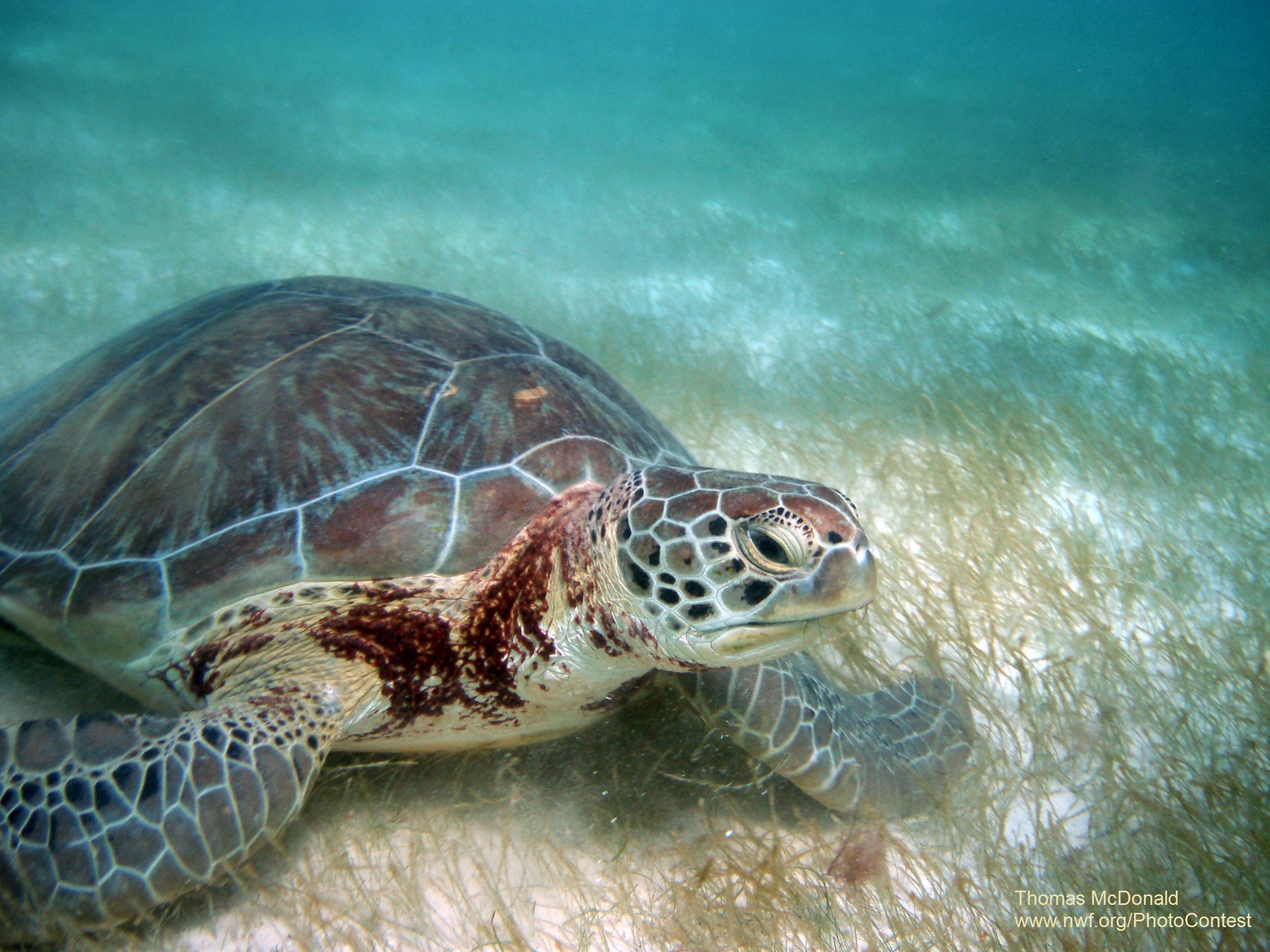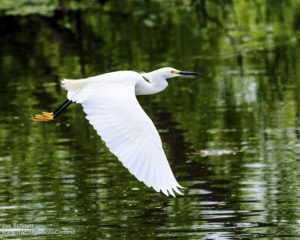We have much more to do and your continued support is needed now more than ever.
Maryland Legislature Passes Historic Climate Protection Bill

Beyond the policy “wonks” in Annapolis, the details of the GGRA (or Goog-gur-a as it is affectionately known), may not be top of mind for all Marylanders, but its passage will ensure critically important protections for people and wildlife across the state.
This effort was made possible through individuals who collected thousands of petition signatures, made hundreds of phone calls, sent handwritten letters, and attended town hall meetings, lobby nights, and rallies. The National Wildlife Federation joins our partners in the Maryland Climate Coalition in celebrating this win for people and wildlife.

Safeguarding Vulnerable Wildlife
Maryland’s coastal habitats, including the Chesapeake Bay, and the treasured wildlife that call them home are particularly vulnerable to the impacts of a changing climate, including severe storms, flooding, warming waters, and sea level rise.

Birds that reside in the Chesapeake Bay’s coastal marshes and beaches are at risk from the cascading effects of climate change. Loss of coastal marsh habitat could limit food sources and increase vulnerability to predators (by reducing available cover) for wading birds, such as great blue herons* and snowy egrets*, as well as marsh-nesting species, including clapper rail, black rail*, least bittern*, Forster’s tern*, and laughing gull*.
In addition, the projected loss of beaches and tidal flats throughout the Chesapeake Bay region poses a serious threat to migratory shorebirds that forage and nest in these habitats. Species at risk include red knot*, piping plover*, American oystercatcher*, ruddy turnstone*, sanderling*, and sandpipers.
Sea turtles rely on beaches around the Chesapeake Bay for critical nesting habitat. Widespread loss of the region’s beaches projected under modest sea-level rise scenarios would shrink important habitat for endangered turtle species, such as the Kemp’s ridley* and loggerhead sea turtles*.
When incubated at higher temperatures to mimic future higher sand temperatures, loggerhead sea turtle hatchling survivorship declines and locomotive abilities are reduced. In addition, the considerable loss of brackish marshes projected for the region could have a devastating impact on the native northern diamondback terrapin, which relies exclusively on these habitats.
Policies, such as the Greenhouse Gas Emissions Reduction Act of 2016, are essential to reducing climate change pollution and limiting the impacts to the people and wildlife of Maryland.
*These species are listed as Species of Greatest Conservation Need in the 2015 Maryland State Wildlife Action Plan.
Show your support by retweeting the following:
Thank You MD legislature for passing historic climate protection bill! #ActOnClimate https://t.co/imhtyj435j pic.twitter.com/gXIhDd7VzZ
— Wildlife Action (@wildlifeaction) March 18, 2016





















